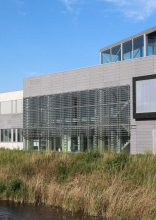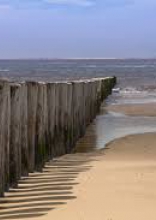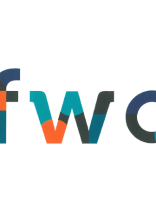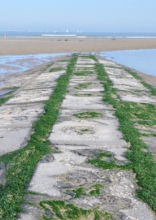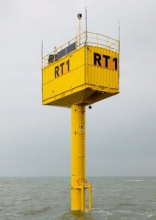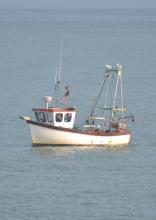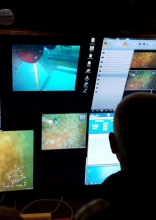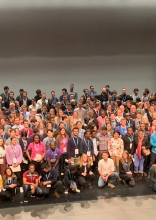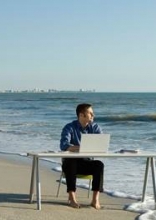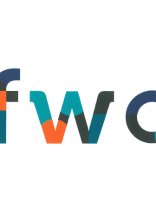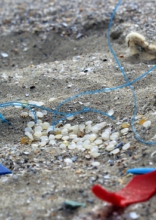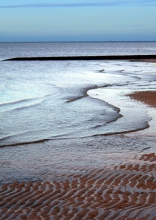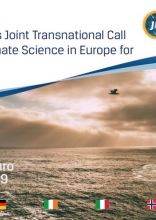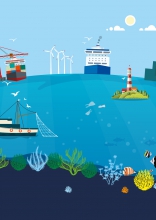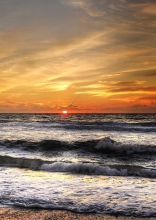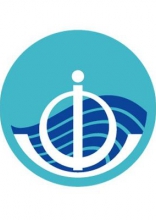From 9-20 September 2019 UGent Campus Oostende organizes the newest edition of the UGent Blue Growth Summer School. The programme includes extensive interdisciplinary training with both maritime and marine modules on innovative Blue Economy themes such as wind and wave energy, aquaculture, blue biotechnology, ecosystems, marine spatial planning, etc., combined with practical exercises and excursions. The course is aimed at engineers, bio-engineers, geologists, marine biologists and other "young marine professionals" of a master or PhD level. Interested candidates can register until 19 August 2019.

